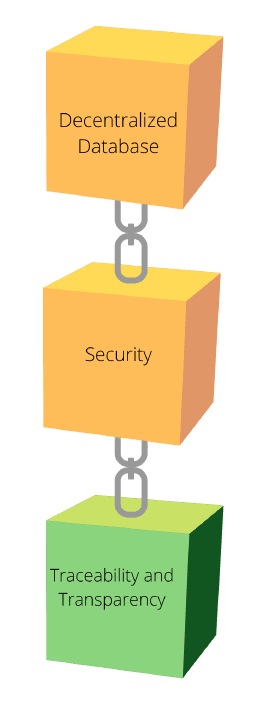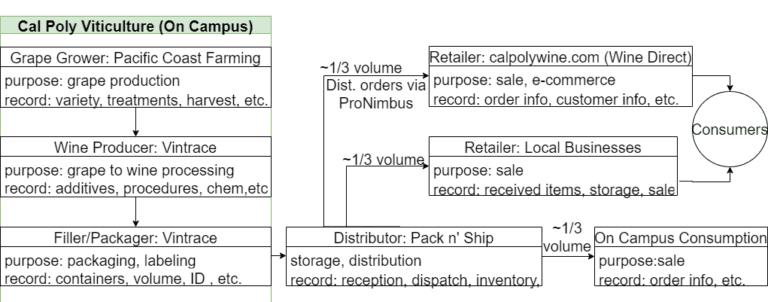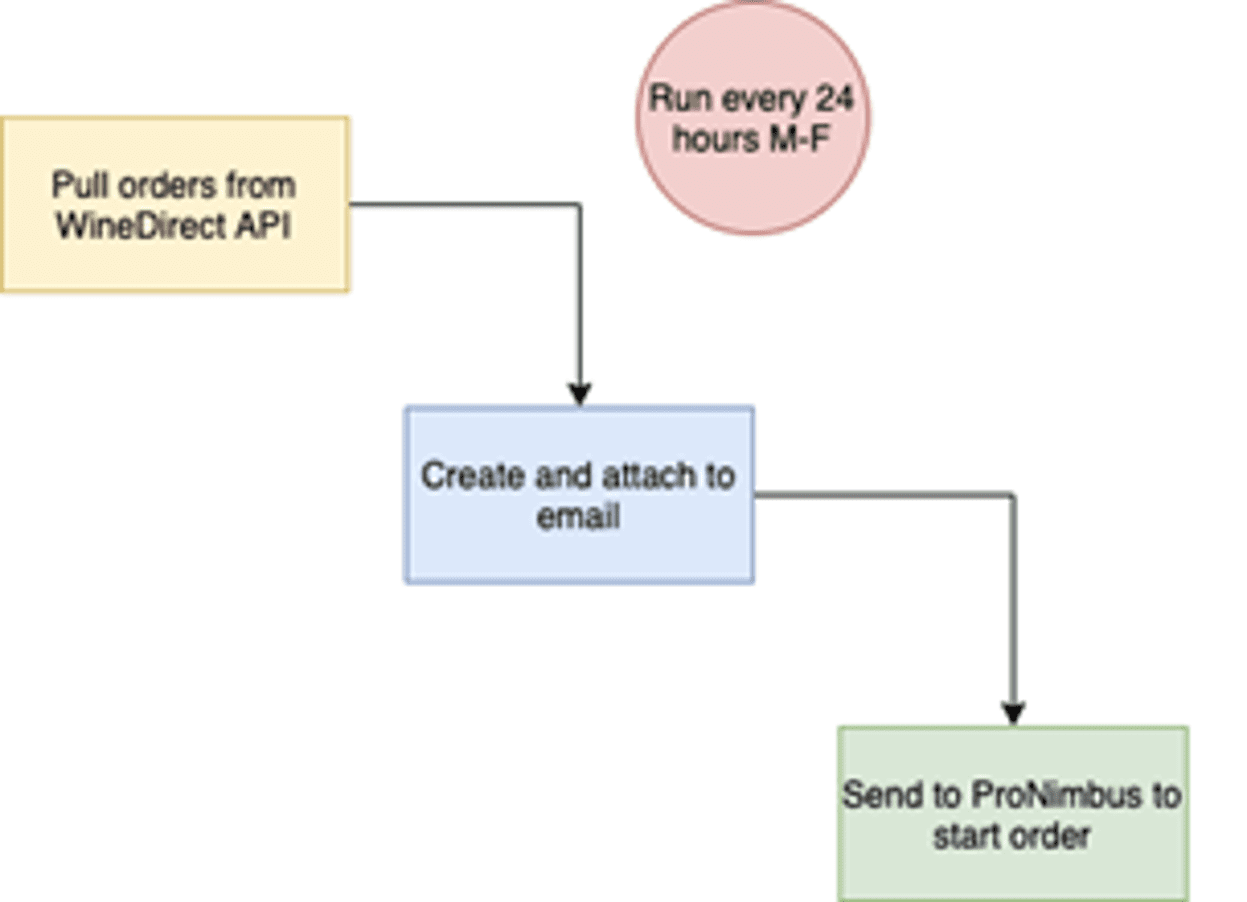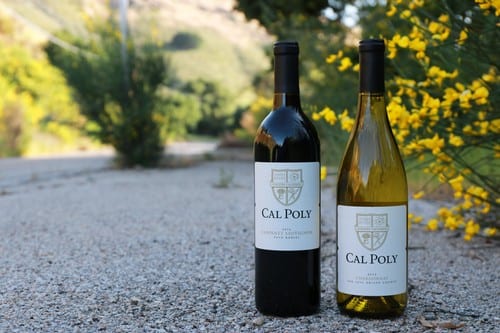Our Team
Our team includes 2 undergraduate IE students and an IE graduate student, advised by Professor Mohamed Awwad.

Mohamed Awwad
Project Advisor
Mohamed Awwad is an Assistant Professor in the Department of Industrial and Manufacturing Engineering at Cal Poly – SLO. He received his Ph.D. and M.S. degrees in Industrial Engineering from the University of Central Florida. Before joining Cal Poly, Dr. Awwad held several teaching and research positions at SUNY Buffalo, the University of Missouri, Florida Polytechnic University, and UCF. His research and teaching interests include applied operations research, logistics & supply chain, and blockchain technology.

Hannah Casper
Undergraduate Researcher
Hi, I am Hannah Casper. I am a fourth year student at Cal Poly- SLO pursuing a blended B.S./M.S. in Industrial Engineering. This project was a great opportunity to get introduced to new relevant technologies and explore advancements in the Supply Chain industry, while connecting with other students and faculty.

Allison Jung
Undergraduate Researcher
Hi, I am Allison Jung, a second year student at Cal Poly – SLO pursuing a B.S. in Industrial Engineering. This SURP project was a great opportunity to connect with members of the Cal Poly CENG and gain hands on experience with work relevant to the Industrial Engineering Field.

Aria Saberi
Graduate Collaborator
Aria Saberi is a Graduate Student at Cal Poly -SLO pursuing his M.S. in Engineering Management. He graduated with his B.S. in IE from Cal Poly in Spring 2020. He has had a variety of internships and projects. This ranges from drafting Water Quality Study reports regarding the impacts of construction projects on nearby bodies of water as a Student Assistant at the California Department of Transportation Office of Water Quality to designing ideal Distribution Centers for COVID-19 tests at the beginning of the pandemic.
About US
Hannah Casper
Industrial Engineering
In the past, I have had two summer’s experience working in the healthcare industry. I had an internship experience in Data Analytics, as well as Enterprise Architecture. For this project, I was able to apply some of the skills from my Data Analytics experience in order to design a process to automate part of Cal Poly Wine’s distribution using an API integration. My work on this SURP project focused on the automation portion, researching and designing the blockchain framework that would best fit this case, and the methodology to construct blockchain powered Supply Chain for Cal Poly Wine.
Allison Jung
Industrial Engineering
This was my first research opportunity to learn more about supply chain. In the first phase our project, I collected and documented feedback from Cal Poly Wine consumers to recommend the automation focus. In our work with blockchain, I met with Professor Adrienne Ferrara, the Cal Poly Wine Brand Manager, to learn about CP Wine’s supply chain and distribution operations. I applied this knowledge to outline potential blockchain nodes and data for the supply chain entities.
Improving the Cal Poly Wine Supply Chain's Digital Poster
Introduction
Problem Statement
Cal Poly Wine’s Supply Chain currently has many manual processes to complete and shit orders and does not have an effective method to manage the data between all parties involved in the production of Cal Poly Wine Club wine.
Objectives
- Research methods to automate parts of Cal Poly Wine order creation
- Demonstrate how a blockchain solution can improve the supply chain processes for Cal Poly Wine
- Estimate the cost of implementing a blockchain solution to Cal Poly Wine
Phase 2:
Blockchain
The second phase of improving the Cal Poly Wine supply chain and distribution operations included researching the benefits and application of blockchain (BC) technology to the wine club.
Key Aspects of Blockchain

Distributed Ledger Technology
Tamper Resistant: Consensus and Immutability
Sequential + Verifiable Transactions
Phase 1: Automation
Sample Subheading

Phase 2: BC Research
After conducting a literature review of blockchain, forms of blockchain, and applications of blockchain to the food and beverage sector (more specifically the wine industry), we worked with Professor Ferrara, the Cal Poly Wine Brand Manager, to establish a clear supply chain, anticipated for the completion of the Justin and J. Lohr Center for Wine and Viticulture.


^ The figure above shows potential notes within the BC as well as the kind of data that may be stored in blocks for each entity. The green box shoes entities on the Cal Poly campus.
< This graphic illustrates how BC can be used by consumers. Something like the QR code can tag specific wine bottles, pulling a detailed history of the wine’s journey from grapes on a vine to a bottle in your hand.
API Automation

Below is a flowchart showing the automation process. We will be using WineDirect’s SOAP API to pull orders and write scripts to create and email these orders to ProNimbus.
Conclusion
Phase 1:
- automation order requests from Wine Direct to Pack n’ Ship
- can be accomplished via Wine Direct’s API (end need for manual downloads and emails)
Phase 2:
- Benefits: transparency, traceability, security, connectivity
- consortium/permissioned-public is the best format for Cal Poly Wine
- estimated cost (through Azure) = $670/month (includes 3 nodes w/ 10 GB max)
Acknowledgements
We would like to thank Professor Adrienne Ferrara for her insight into the Cal Poly Wine Supply Chain.

